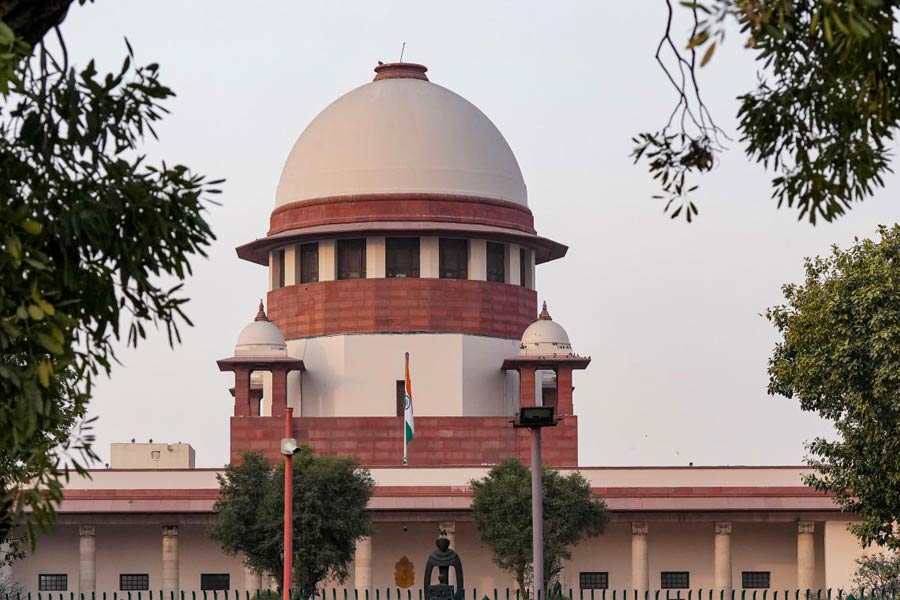The Supreme Court on Monday directed the Uttar Pradesh government to “immediately” take a decision on sanctioning the prosecution of a school principal who is accused of instigating pupils to slap a Muslim boy after allegedly making derogatory remarks against the minority community.
Tripta Tyagi faces charges under the Indian Penal Code’s Section 295A (outraging religious feelings) and Section 75 of the Juvenile Justice Act (cruelty to a child). Both provisions entail a punishment of up to three years in jail.
The bench of Justices Abhay S. Oka and Pankaj Mithal also sought the state government’s views on using the services of the National Institute of Mental Health and Neuro-Sciences (Nimhans) or the Tata Institute of Social Sciences (TISS) to provide counselling to the traumatised Muslim boy as well as the other children involved in the incident.
At the previous hearing -- of a public interest plea moved by author Tushar Gandhi --- the apex court had pulled up the Uttar Pradesh government for attempting to water down the case by avoiding any reference to the communal angle in the FIR.
The matter “should shock the conscience of the State”, the court had said.
On Monday, additional solicitor-general K.M. Natraj, appearing for Uttar Pradesh, said the state government had invoked Section 295A, too, against the teacher besides Section 75 of the JJ Act. He said the sanction for prosecution was awaited.
“We direct the state of Uttar Pradesh to immediately take a decision on grant of sanction for prosecution,” the bench said in an order.
The bench was annoyed when a counsel for the state education department said that although three secretary-level officers had been appointed to counsel the slapped child, the boy was unwilling to come to the counselling centre.
“We have found the child is an introvert by nature. He is not coming to the institution for counselling,” the lawyer said.
Justice Oka, who headed the bench, retorted: “He is in trauma and you expect him to visit? This is not adversarial. We can appoint TISS or Nimhans then.”
Advocate Shadan Farasat, appearing for Gandhi, said the child was traumatised and unwilling to speak to strangers, and needed counselling.










